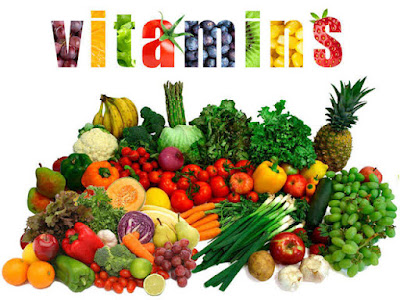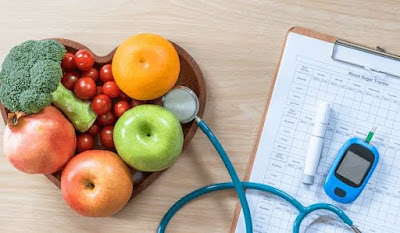.jpeg)
02 February 2023
An overview of all vitamins from vitamin "A" to vitamin "K"
.jpeg)
01 February 2023
6 Ways to reduce belly Fat

Most people seem to have an intention that they will lose weight or try to look good by reducing their belly fat in some way, but most people fail to make this intention a reality. The main reason for this is that people do not know the right ways to lose belly fat. Apart from spoiling our appearance, obesity can also lead to heart disease and type 2 diabetes. Which is often very serious risk to your life .
Let's see how we can get rid of our enlarged belly:
1. Reduction in Carbohydrates
As the fat layer around the organs in the abdomen is mostly composed of carbohydrates, reducing their intake helps us reduce belly fat. Refined carbohydrates such as white bread or sugar are even more serious, so complete elimination of them is extremely important. According to some sources, avoiding refined carbs is enough to reduce belly, but some believe that the daily intake of carbohydrates should not exceed 50 grams. It's up to you what you give more importance to, but cutting carbs is the key to getting rid of belly fat.
2. Think eating plan not diet
Choosing a healthy eating strategy is better then diet . The advantage of a low-carbohadrates strategy.
In general, a low-carbohadrates diet encourages you to consume less problem items, such as bread, bagels, and sodas, which are high in carbohydrates and sugar and low in fibre, and more high-fiber or high-protein foods, such as vegetables, beans, and lean meats.
3. Avoiding sweet items
4. High intake of protein
5. Use of fiber
6. Exercise
31 January 2023
10 most beneficial food for health

1. Consumption of salmon
2. Benefits of garlic
3. Cabbage and Broccoli
4. Green leafy vegetables
5. Chia Seed Benefits
6. The magic of beans
7. Use of almonds
8. Peanuts
9. Walnut specialty
10. Characteristic of Yogurt
30 January 2023
Different Ways to control diabetes
.jpeg)
Lose your excess weight
Eat a balanced diet
Benefits of Barley
Use of slowly digestible starches
Use of dry fruits
29 January 2023
Super Steps to Boost Digestive Health
.jpeg)



.jpeg)

